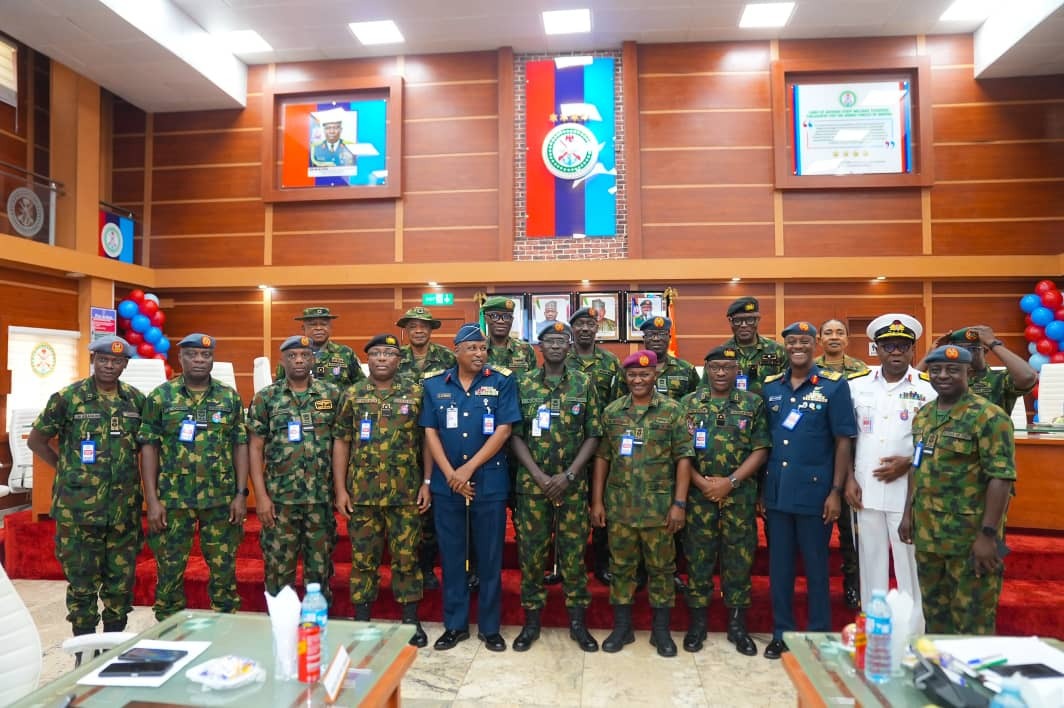[ooyala code=”gzYjIxNzE6mYqVjye6vp1OuRPrMMNxoj” player_id=”1b17bdeb76cb4ac7b9d901fad6010bb6″ width=”1280″ height=”720″ auto=”true” autoplay=”true”]
• DMO pegs 2017 loan at N6.73 trillion
• Why raising funds abroad may not be cheaper
Nigeria will be increasing its external debt by as much as 150 per cent in the next two years if the National Assembly approves President Muhammadu Buhari’s plan to borrow $29.960 billion (about N9.12 trillion) within the period.
The president’s request to the House of Representatives yesterday explained that the N9.12 trillion would help the country tackle its socio-economic challenges.
In a correspondence read by the Speaker of the House, Yakubu Dogara at the plenary session, Buhari explained that the borrowing would span 2016 to 2018 and be used to implement projects across all sectors of the economy.
The president’s move may not be unconnected with the recommendations proposed in the 2016 Report of the Annual National Debt Sustainability Analysis (DSA), released yesterday by the Debts Management Office (DMO).
Estimated at the official rate of N307.79 per dollar and considering naira devaluation, the real value of the country’s debt stock is N18.9 trillion ($61.45 billion). And given other anticipated borrowings to fund the N2.2 trillion 2016 budget deficit, the fiscal plan provided for more than N1.4 trillion for debt servicing.
Government’s proposal for a debt deal of $30 billion (a little more than N9 trillion at official exchange rate) will worsen the debt-servicing to revenue ratio.
Currently, the country’s external debt profile for both multilateral and bilateral agreements is put at $11.3 billion (N3.19 trillion in official rate).
The new foreign debt plan represents 62.33 per cent increase over the current foreign obligation.
As at second quarter of 2016, a copy of the “Actual Debt Service Payment” by the DMO showed that under the multilateral component of foreign debt, the country paid $33,824.73.
Of the amount, $21,864.55 represents the principal; interest fee, $1737.04; service fee, $10,576.33; deferred service charge, $51.48; commitment charges $11.36 and a deduction of waiver credit, $416.04.
This showed that for the repayment of $21,864.55 principal, associated costs amounting to $11,960.18 were incurred.
Of course, if this is the model of repayment or something similar for the proposed $30 billion debt deal, it means that the country’s debt service bill will add hundreds of billions yearly.
This will lead to high-risk valuation of the country’s debt instruments, as investors will ask for rates to offset the risks.
“I wish to refer to the above subject and to submit that attached draft of the federal government 2016-2018 external borrowing plan for consideration and early approval by the National Assembly to ensure prompt implementation of projects,” Buhari said in his letter to law makers yesterday.
“The projects cut across all sectors with special emphasis on infrastructure, agriculture, health, education, water supply, growth and employment generation, poverty reduction through social safety net programmes and governance and financial management reforms among others.
“The total of the projects and programmes under the borrowing (rolling) plan is $29.960 billion made up of proposed projects and programmes loan of $11.274 billion, special national infrastructure projects of $10.686 billion, Euro bonds of $4.5 billion and Federal Government budget support of $3.5 billion.
“I would like to underscore the fact the projects and programmes in the borrowing plan were selected based on positive technical economic evaluations as well as the contribution they would make to the socio-economic development of the country including employment generation and poverty reduction and protection of the most vulnerable and very poor segment of the Nigerian society.”
He disclosed the projects and programmes would be implemented in all the 36 states and the Federal Capital Territory (FCT), Abuja.
He further stated that the resolve to embark on the borrowing was due to the huge infrastructure deficit currently being experienced in the country and the enormous financial resources required to fill the gap in the face of dwindling resources and the inability of annual budgetary provision to bridge infrastructural deficit.
The president disclosed that of the amount, $575 million would be expended on projects comprising polio eradication support and routine immunisation projects ($125 million), community and social development projects ($75 million), health programme investment project ($125 million), state education programme investment project ($100 million), youth employment and social support project ($100 million), and Fadama 111 project $50 million).
The Debt Office recommended that government could borrow up to $22.08billion or N6.73 trillion (N305 -$1) in 2017 alone, representing 5.89 per cent of the estimated Gross Domestic Product (GDP) of $374.95 billion for next year.
It said: “The maximum amount that could be borrowed (domestic and external) by the FGN in 2017 without violating the country-specific threshold will be US$22.08 billion (i.e. 5.89 per cent of US$374.95 billion).” The country-specific threshold of 19.39 per cent is based on a net present value (NPV) of Total Public Debt-to-GDP ratio in 2017.
The 74-page DSA Report specifically favoured the use of external finance, saying: “external borrowing would help to reduce debt service burden in the short to medium-term and further create more borrowing space for the private sector in the domestic market.
“The use of more external finance for funding capital projects, (is) in line with the focus of the present administration on speeding up infrastructural development in the country, by substituting the relatively expensive domestic borrowing in favour of cheaper external financing.”
The Debt Office added: “This policy stance has been reinforced by the recent deterioration in macroeconomic variables, particularly with respect to the rising cost of domestic borrowing.”






